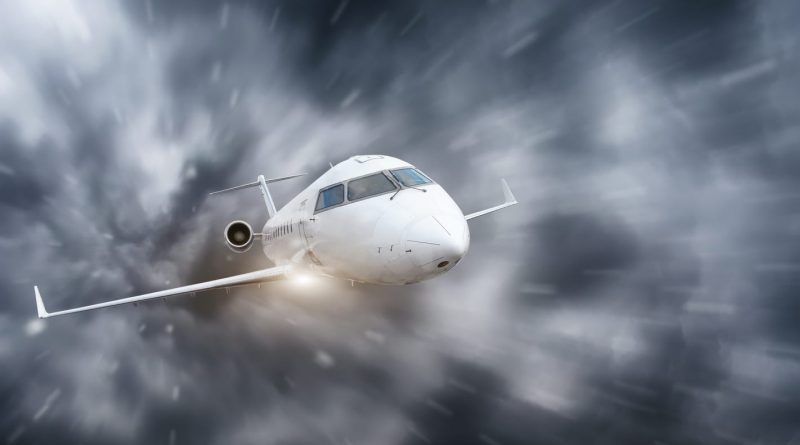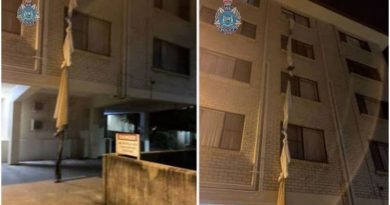What causes plane crashes? Is it human error, weather or aircraft issues?
Are most aviation accidents caused by human error, structural issues or weather? By the way, you’re one of my favorite investigators! And where is MH380 (the Malaysia Airlines flight that mysteriously vanished in 2014)?
– #planecrashgeek, North Carolina
Nearly all aircraft accidents are cause by several contributing factors. There is almost never a single, simple cause. Human factors are contributing or causal in most accidents. This can be pilots, designers, controllers, mechanics or operator management.
Over the years, aircraft have become more reliable, better-designed and maintained. A structural failure accident is so rare that I can’t think of one in recent times.
Weather can certainly contribute to accidents, but pilots can deviate around thunderstorms, fly to an alternate airport or elect not to fly in certain weather (such as freezing rain), so it’s hard to say that weather “causes” an accident. However, weather conditions can make flying or landing much more challenging.
Ask the Captain: Can turbulence alone cause a plane to crash?
Thanks for the kind words. My goal is to learn as much as we can from accidents to prevent a reoccurrence.
MH370 is in the southern Indian Ocean, based on all the credible evidence I have seen. We know what happened to the flight, but locating the wreckage is very difficult. I hope they find it one day.
How much of a trip is autopilot? I’ve heard the landings are; is this true?
– LRC24, Middletown, New Jersey
Pilots usually engage the autopilot shortly after takeoff and disengage it a few miles from the landing runway. Pilots command the autopilot to do several different functions: fly a heading, navigate to a radio station or waypoint, climb/descent, hold altitude and occasionally fly a holding pattern. Autopilots do what the pilots tell them to; they are not autonomous.
Landings are usually done manually by the pilot. Some airplanes can auto land but this is done most frequently in very low visibility conditions and requires a significant amount of preprogramming and monitoring.
John Cox is a retired airline captain with US Airways and runs his own aviation safety consulting company, Safety Operating Systems. The views and opinions expressed in this column are the author’s and do not necessarily reflect those of USA TODAY.
Source: Read Full Article


